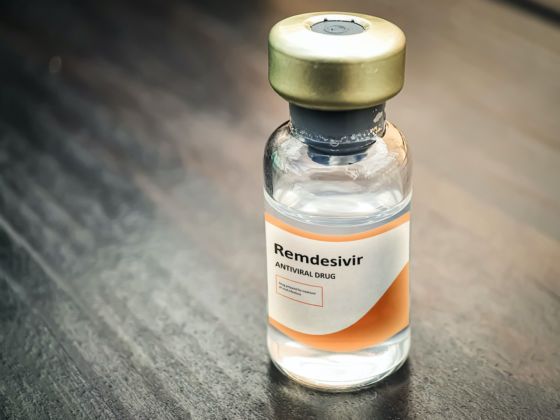Since there’s currently no vaccine against COVID-19, our best short-term hope is the development of a treatment. An effective treatment would speed up recovery time and give coronavirus patients a better prognosis for survival. Today, the US National Institutes of Health (NIH) released preliminary results from a study testing an antiviral drug called remdesivir, developed by Gilead Sciences, and for once, the news is encouraging.


Drug Succeeds in Human Trials, Fueling Hopes for the World’s First COVID-19 Treatment
A recent remdesivir study took into account data from over 1,000 severely ill coronavirus patients, half of whom were given the drug while the other half were given a placebo. Test results showed that patients taking remdesivir recovered 31 percent faster than those taking the placebo. Although the fatality rate wasn’t dramatically affected, the results are still promising. 11.6 percent of patients on the placebo died compared to eight percent of patients taking remdesivir.
The success of this recent trial has catapulted remdesivir to the front of the coronavirus treatment race, with Dr. Anthony S. Fauci, the head of the NIH, expressing some much-needed optimism about its prospects. According to Fauci, the drug has proven that it can block the coronavirus.
Speaking to White House reporters, Fauci said the drug trial showed a “clear-cut positive effect in diminishing time to recover” and added that the trial has shown that “a drug can block this virus.”
Remdesivir is expected to undergo another trial, the results of which will be made available in late May. But in the meantime, the study’s results were so promising that the FDA is expected to issue emergency use authorization this week.
According to an FDA statement, “the agency has been engaged in sustained and ongoing discussions with Gilead Sciences regarding making remdesivir available to patients as quickly as possible, as appropriate.”